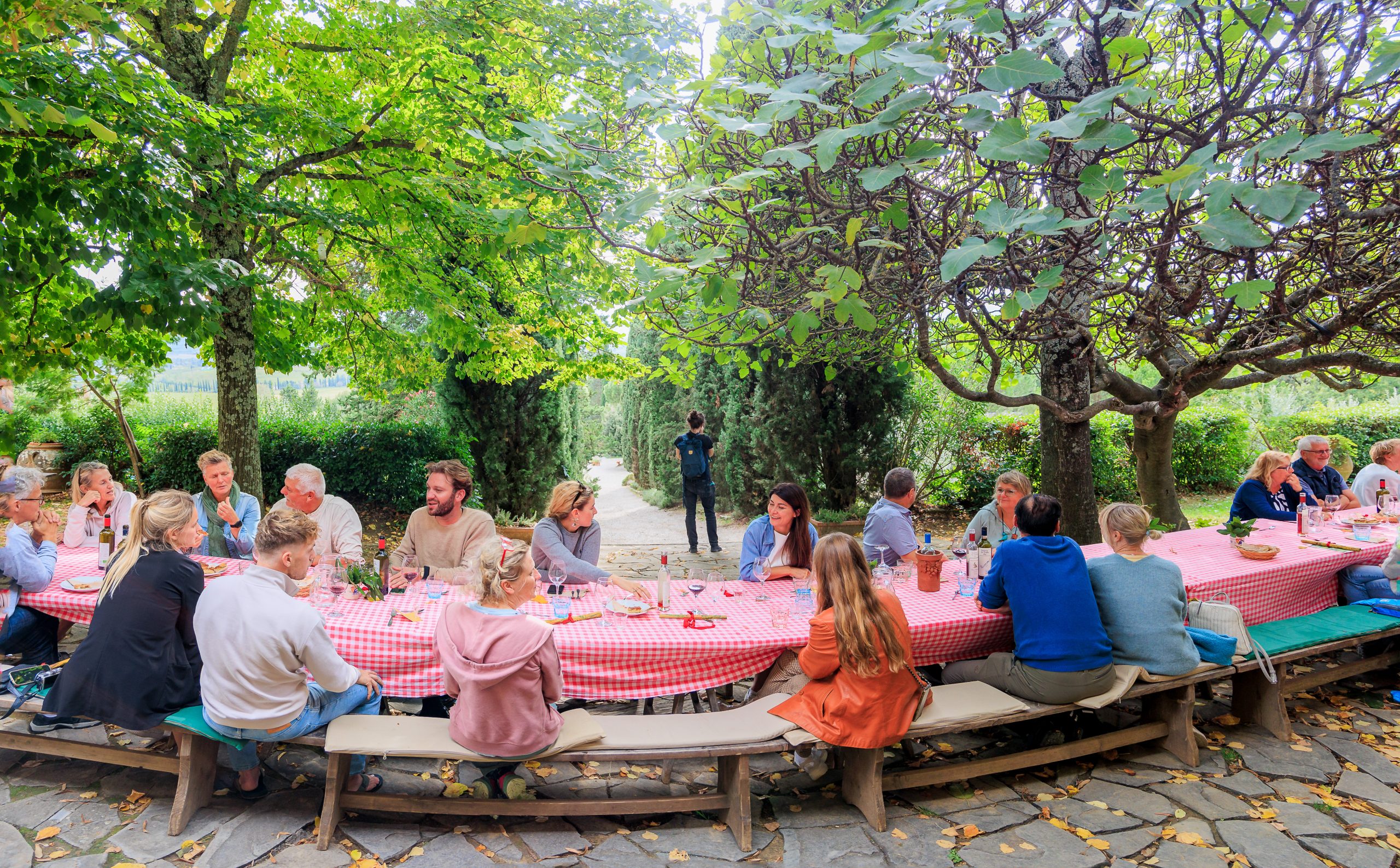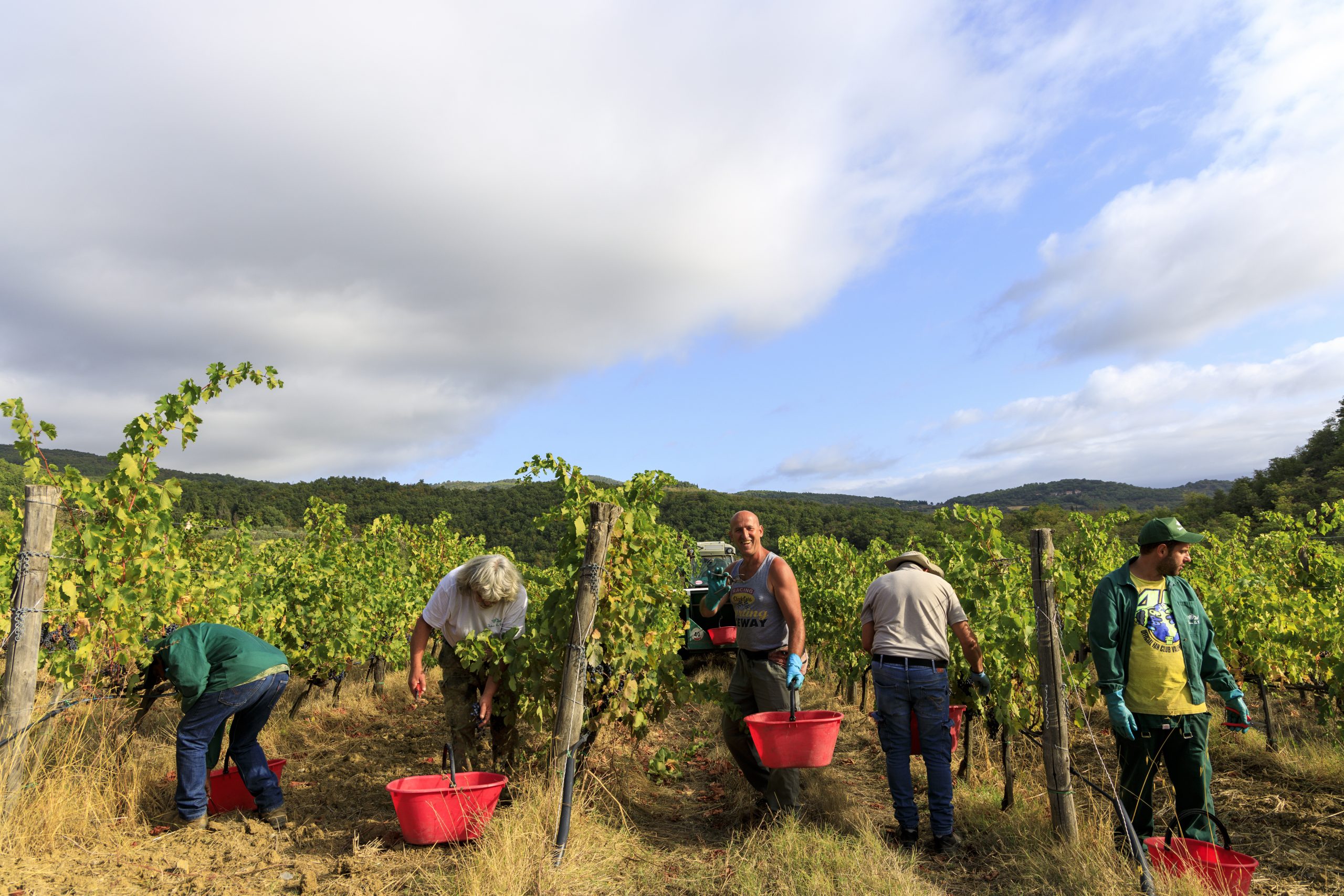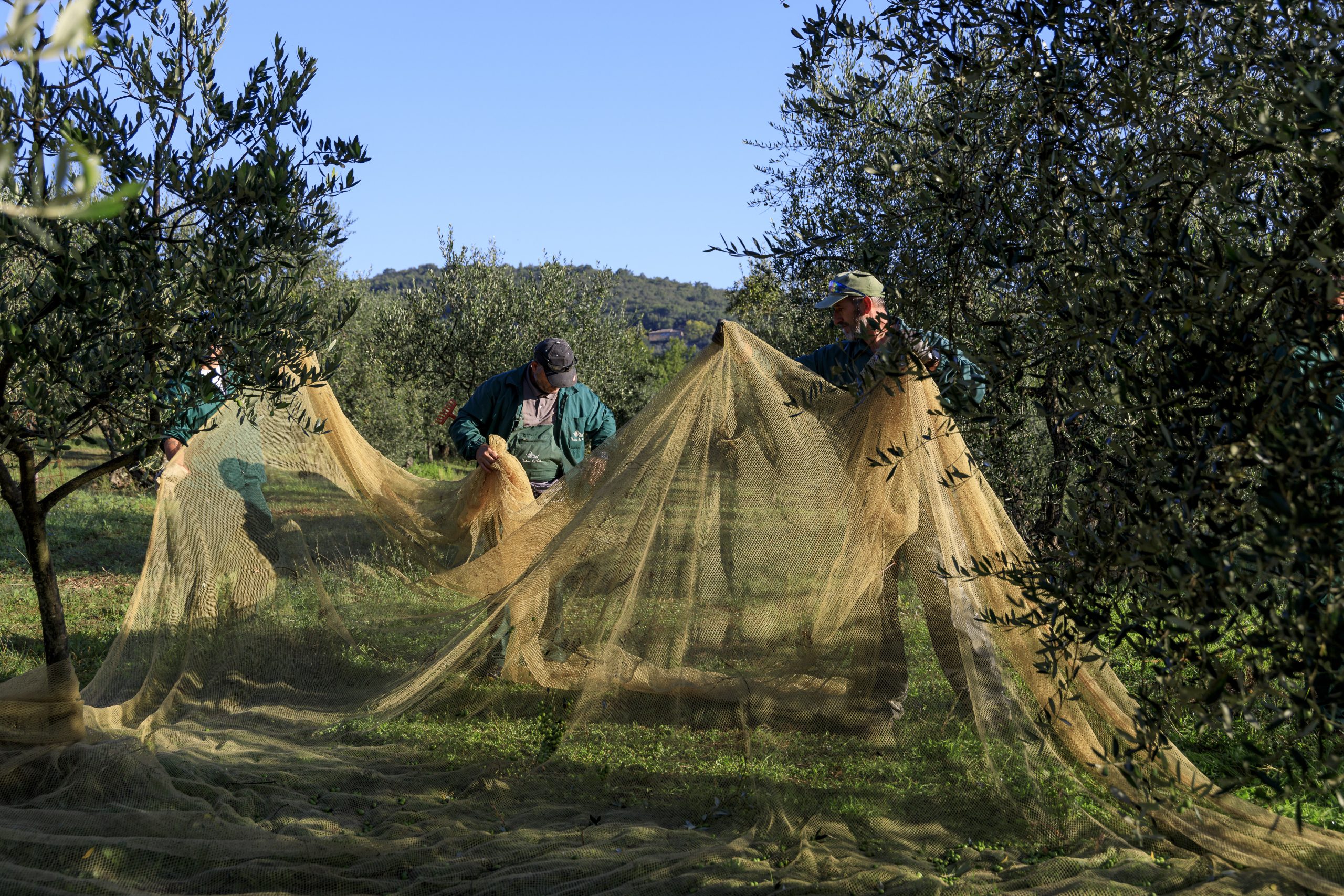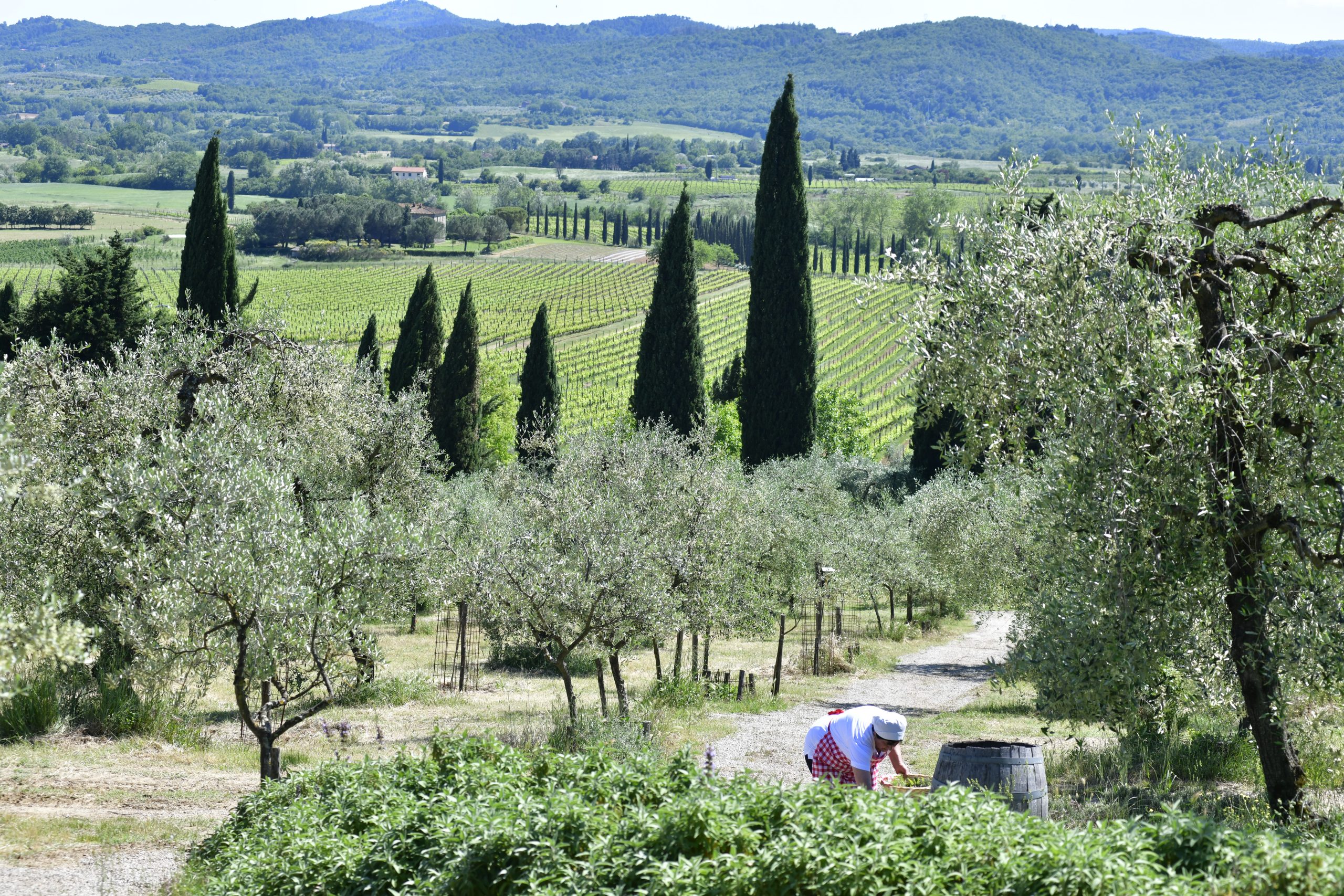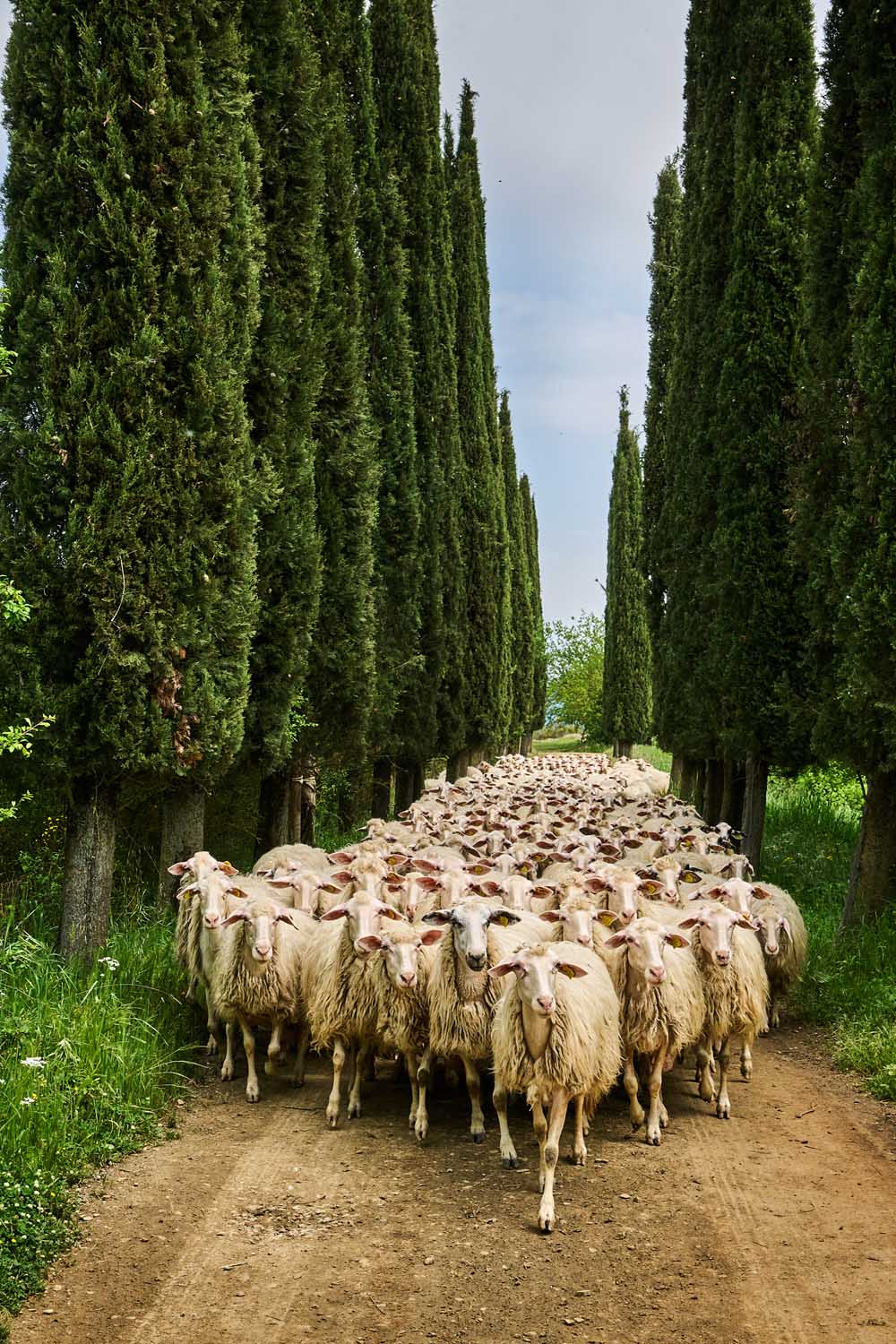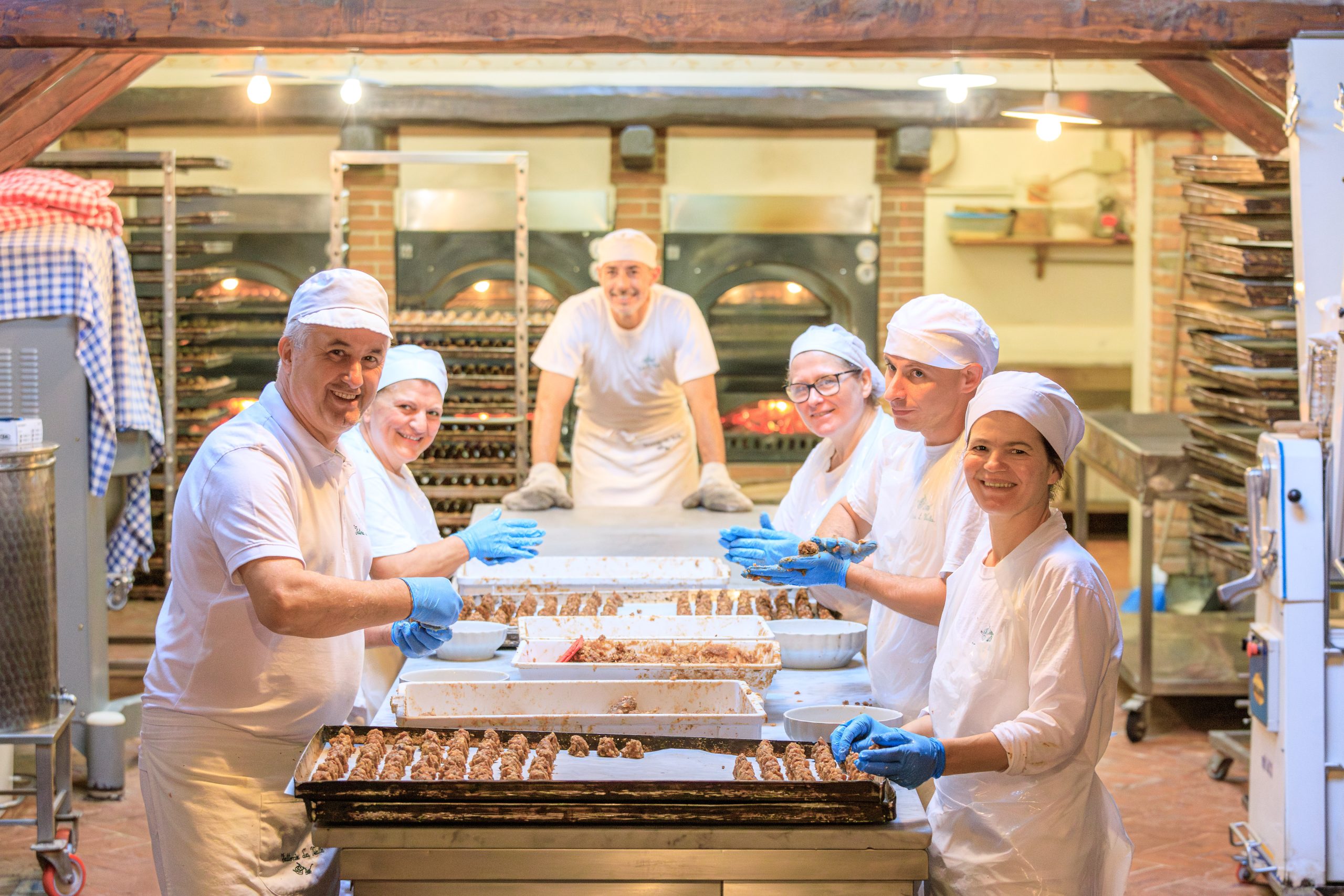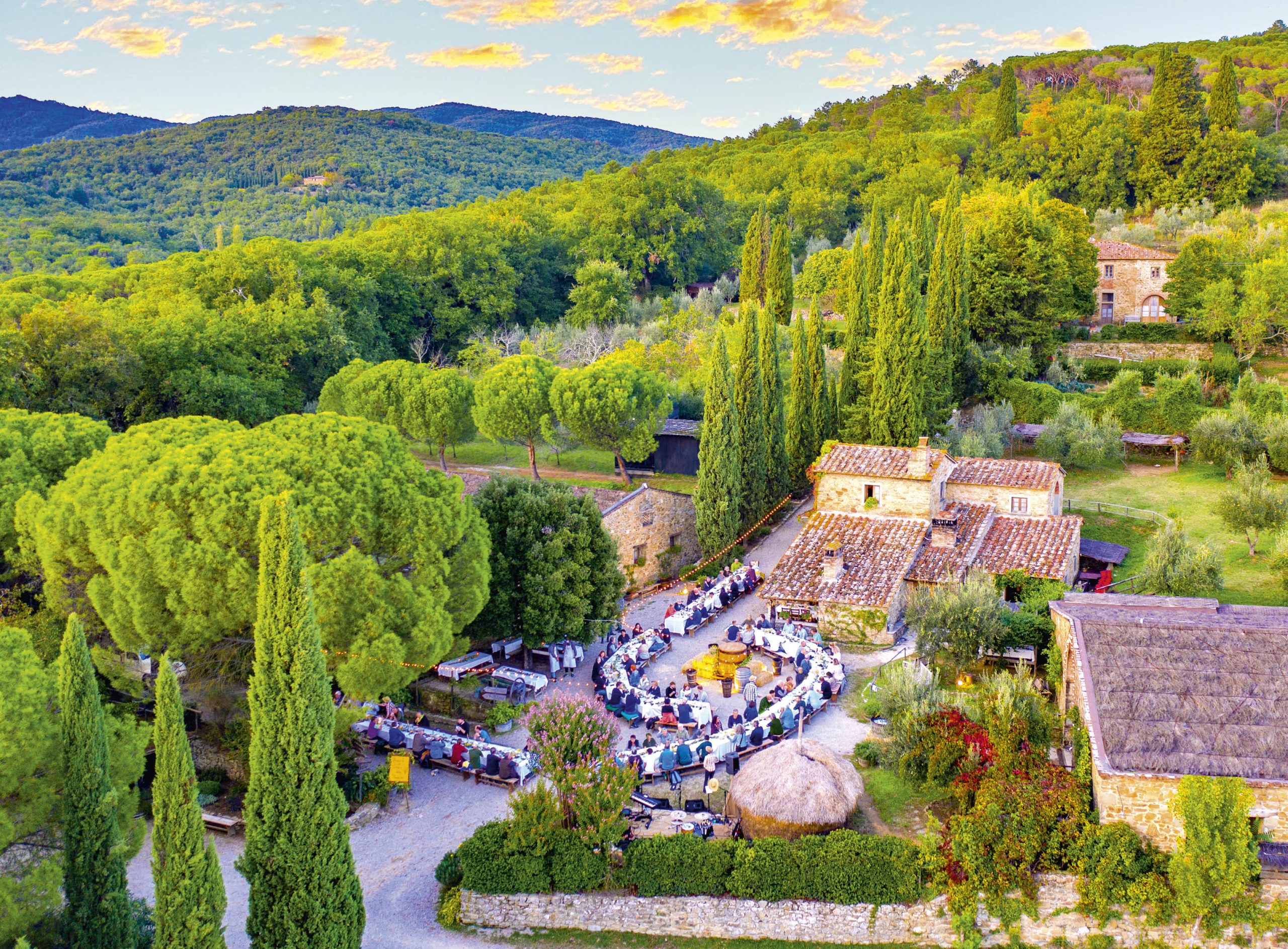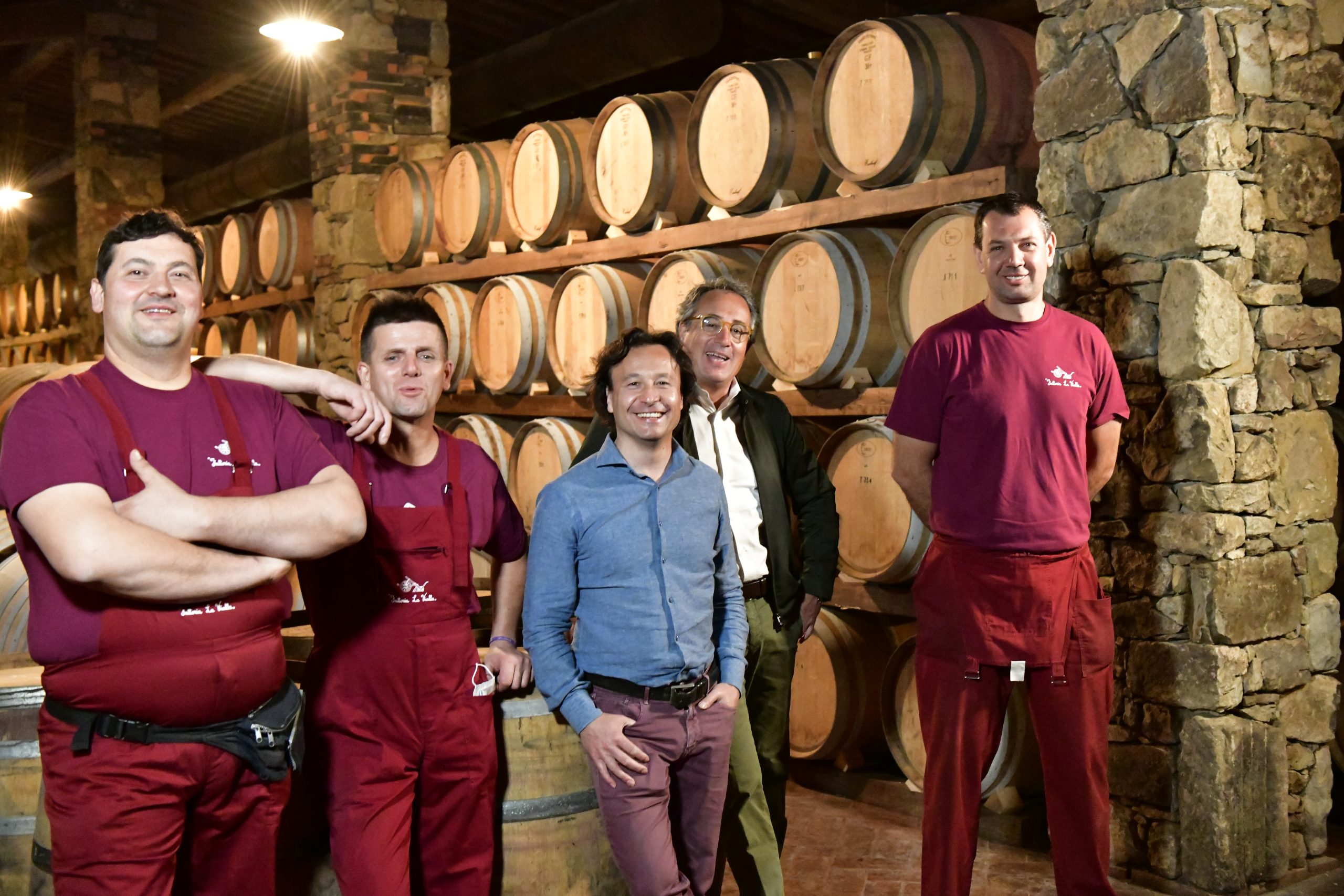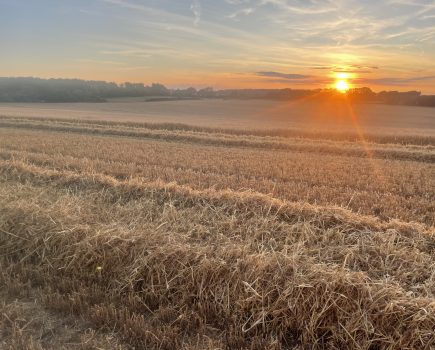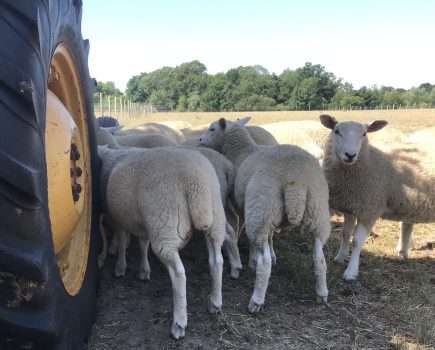Diversification is today’s buzzword for protecting or expanding farm incomes against the backdrop and uncertainties of climate change and environmental degradation. Lots of us are adopting measures to mitigate the consequences of both, supported in many cases by government schemes, as well trying to add value to product and space through letting the latter or selling the former direct to consumers.
Farm shops selling home-produced meats and dairy products are now common. A few have filled niches, such as Vinehouse Farm in Lincolnshire and Rectory Farm in Leicestershire, that supply wild bird feed. Others have taken to growing grapes and producing surprisingly exciting English wines.
Daylesford Farm, a member of the North East Cotswold Farm Cluster, is perhaps unique in the UK with a large organic ‘farm to fork’ operation that kept Boris Johnson well supplied during Covid. It has a slick operation that employs many folk, supplying pubs and public through a huge farm shop and online retailers.
It is always instructive, however, to look further afield, and Fattoria La Vialla is, I believe, unique in its totality of evolution, ethos and operation. It is now an estate of some 1,800 hectares, mainly in Tuscany between Florence and Arrezo but with additional owned and leased vineyards and olive groves elsewhere in Italy.
Its business model is based upon online sales throughout much of Europe, including the UK, but Italian access is exclusively through the farm shop. The main strings to Fattoria La Vialla’s bow are tourism in renovated stone farmsteads, olive oils, wines and vinegars, cheese, pasta, sauces and other ‘home prepared’ products and, most recently, olive-based cosmetics and tonics.
It all started in 1978 when Piero and Giuliana Lo Franco purchased La Vialla, a derelict farmhouse, and five hectares of surrounding land containing some vines and olive trees nestled in the Tuscan hills, as a family holiday project. Piero was a textile entrepreneur before being bitten by the farming bug and a wish to reinvigorate some of the beautiful Tuscan countryside depleted by mid-century changes in agricultural practice.
The Lo Francos soon expanded their holding, lovingly restoring the elegant empty stone farmsteads and buildings. Like many newcomers to agriculture, uncluttered by the conventional wisdom on production they opted to run the farm organically and then biodynamically, something that is also taking root among the new English vineyards, spawned by climate change.
A decade on, with their three sons reaching adulthood, the family decided to make the Fattoria their primary concern and it is still expanding. The sons, Antonio, Gianni and Bandino, manage it equally, supported by a skilled work force, with eight grandchildren to continue the dream.
I first became aware of La Vialla in the early nineties and have followed their progress for some 30 years. Their product range has increased enormously, is presented beautifully and is absolutely delicious. Guests are encouraged to join in and play an active part. Work and play are often punctuated by al fresco meals among the vines or olive trees, and those seeking Florentine culture may sometimes be treated to a concert.
The prodigious wine list ranges from enjoyable every day wines to those for special occasions and with considerable, personally verified, aging potential. Objective measures of success, steered by the resident oenologist Marco Cervellera, have been the regular and frequent accumulation of prizes at international wine fairs.
Olive oils are a distinct speciality and quite unlike those available in the mass market. They are all extra virgin and definitely a premium product. Like the wines, they are different blends whose characteristics reflect locale and are a central pillar of the healthy Mediterranean diet.
Fields are generally small, with the flatter valleys used for growing durum wheat, emmer, some barley and a large rotational plot delivering a full range of vegetables and herbs used to make the cornucopia of culinary goodies.
The vineyards and olive groves, under-planted with native wild species, merge with the woods. The botanic variety, proximity of wildness and freedom from pesticides ensures a rich and vibrant ecosystem. Tuscan wooded hills are home to wild boar, polecats, porcupines and occasionally wolves. The farm itself is home to 1,200 Sardinian sheep that are milked to make matured Pecorino cheese. The farm’s other eco-engineers are 250 Valdarense Bianca chickens for the eggs used in the kitchens and a small herd of Podolica cattle, an ancient breed that thrives on rough pasture year round.
The Lo Francos put most politicians to shame, taking their climate and biodiversity responsibility so seriously. They are teamed up with research institutes and universities in Italy and Germany to monitor the estate’s progress.
From 2014 to 2018 they absorbed 20.61K tonnes of CO2 and leave no negative footprint. The small fields, multiple crops, green manures and livestock all make for an abundance of insects, birds, reptiles and wild mammals. This kind of terrain and farming doesn’t need large machinery and so avoids the inevitable compaction and destruction that heavy kit brings. Olives, grapes and veg are hand harvested. The farm machinery is suitably small to work the vineyards, orchards, olive groves and vegetable plots.
So it is clearly possible to make a great success of farming in sympathy with the environment, something that is hugely valued by a discerning public. It doubtless depends much on the extrovert charm and positivity of the current owners and staff, augmented by Mediterranean sunshine.
Although we Brits tend to be as gloomy as our weather, perhaps global warming will encourage us to engage more positively with our customers and communities to achieve something equally great.
- Alfresco dining
- Italy, Castiglion Fibocchi, Fattoria La Vialla, harvest at Casal Duro “Merlot”
- Italy, Toscane, Castiglion Fibocchi, Fattorria La Vialla
- Italy, Toscany, Castiglion Fibocchi, Fattoria La Vialla, Olive harvest, near Sheepfarm
- Italy, Toscani, Castiglion Fibocchi, Fattoria La Vialla, Bakery preparation cookies, Brutti ma Buoni
Photos: Hetty van Oijen
For more like this, sign up for the FREE South East Farmer e-newsletter here and receive all the latest farming news, reviews and insight straight to your inbox.

